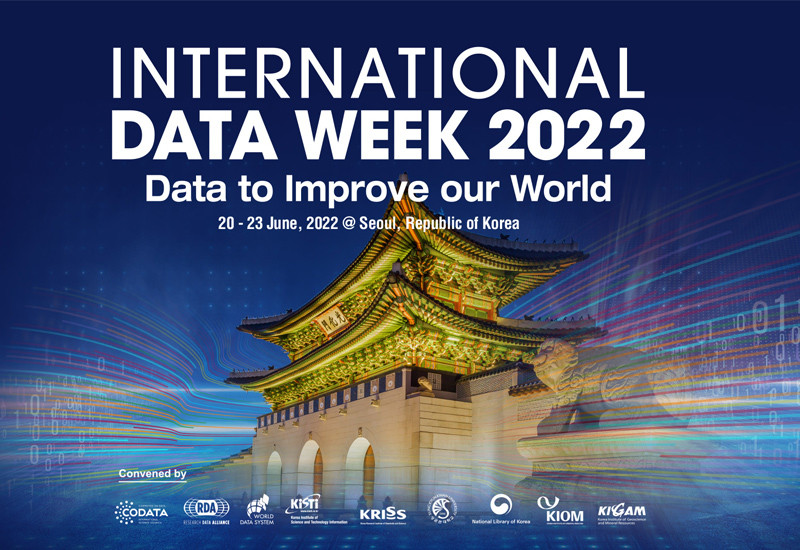News
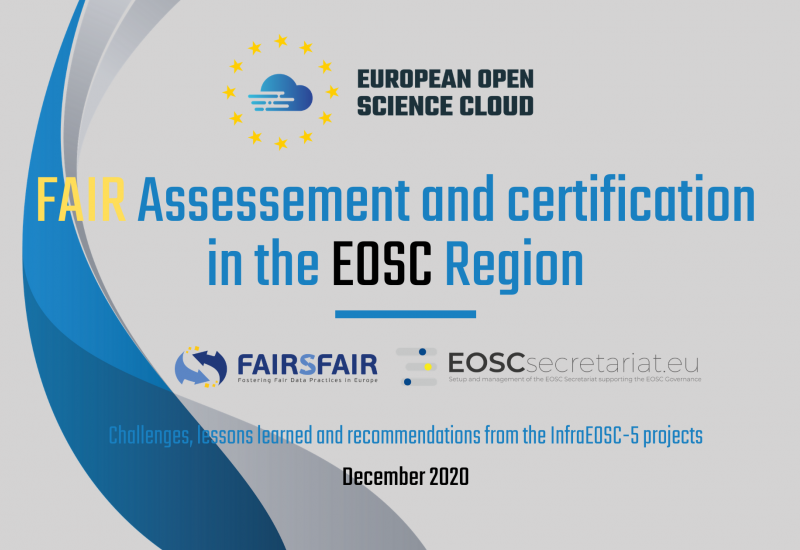
FAIR Assessment and Certification in the EOSC region. Report available
A new report presents tools and processes being implemented by EOSC research projects to assess and certify FAIRness in digital objects and data repositories.

CoreTrustSeal Certification Support Workshop
As part of its ongoing Support Programme for Data Repositories FAIRsFAIR recently offered a workshop to representatives from the ten repositories selected to receive assistence in achieving CoreTrustSeal certification.
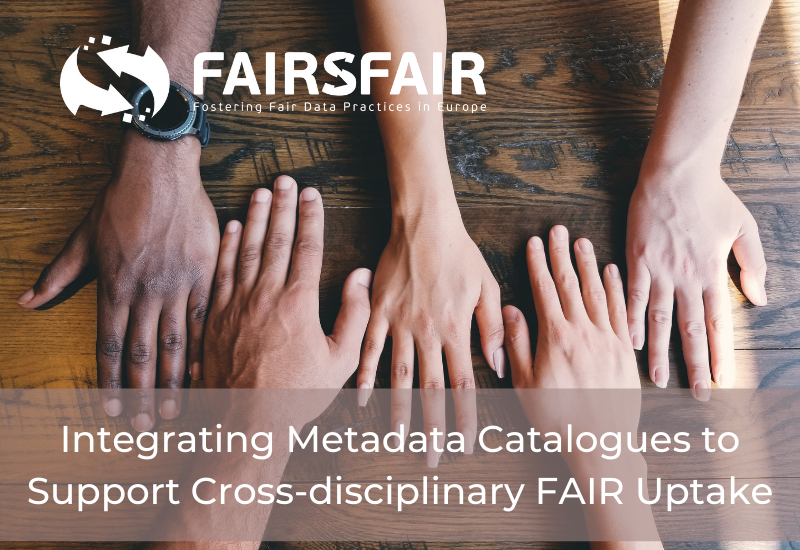
Integrating Metadata Catalogues to Support Cross-disciplinary FAIR Uptake
FAIRsFAIR has published a proposal to integrate the metadata catalogues of the five EOSC cluster projects SSHOC, PANOSC, EOSC-Life, ENVRIFAIR and ESCAPE.
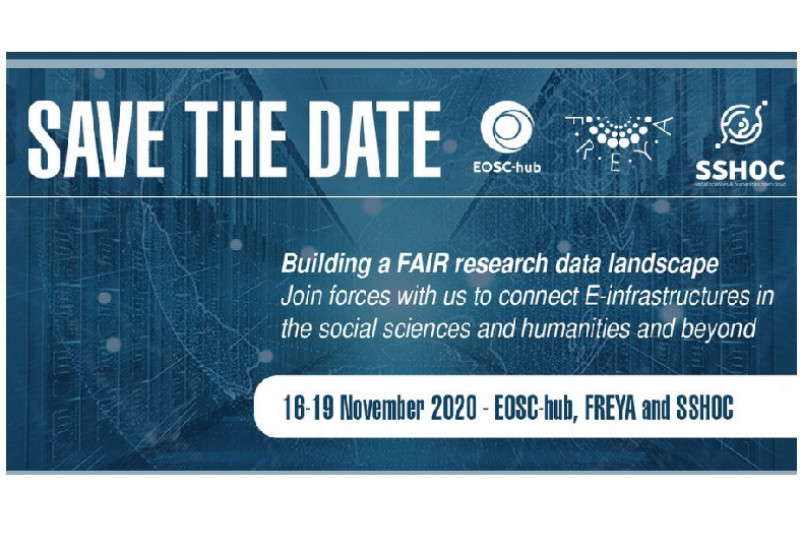
FAIRsFAIR at the "Realising the European Open Science Cloud" event
https://realising-eosc.eosc-hub.euFrom 16 to 19 November 2020 FAIRsFAIR will have a booth at the first ever virtual EOSC Projects EXPO inside the EOSC-hub, FREYA, SSHOC joint event "Realising the European Open Science Cloud".
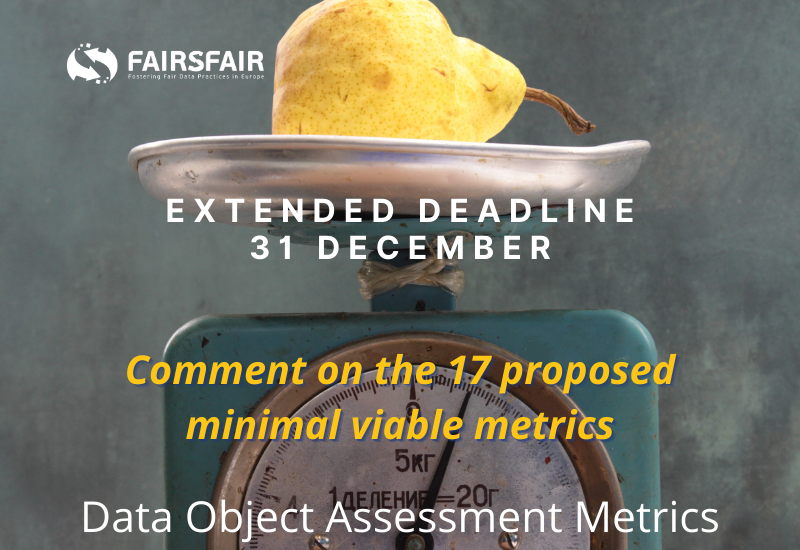
FAIRsFAIR Data Object Assessment Metrics - Extended Deadline for comments
Developed by the FAIRsFAIR work team responsible for the establishment of certification mechanisms for the identification of trustworthy data repositories, the metrics are based on indicators proposed by the RDA FAIR Data Maturity Model Working Group. Feedback is open until December 2020.
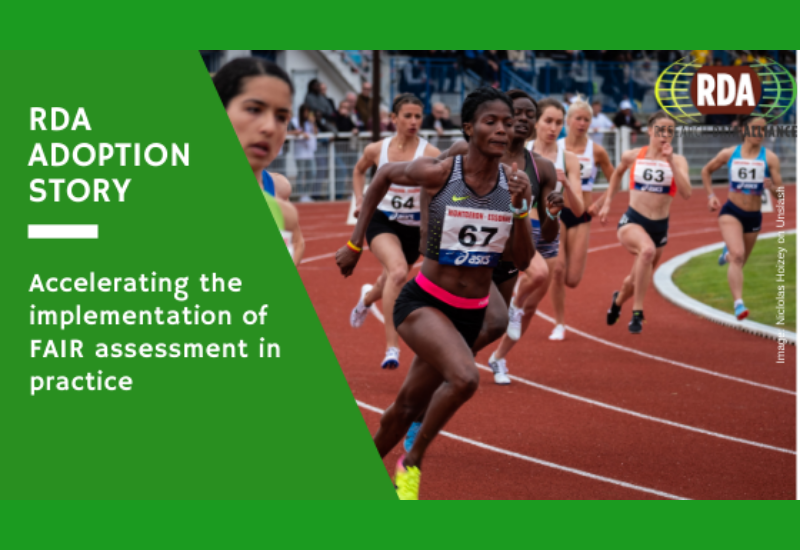
FAIRsFAIR Adopts the RDA FAIR Data Maturity Model Specification and Guidelines, Accelerates FAIR Implementation in Practice
FAIRsFAIR has taken up the challenge to define systematic measurements of data FAIRness and has used the RDA FAIR Data Maturity Model Specification and Guidelines Recommendation of the FAIR Data Maturity Model Working Group to do so.
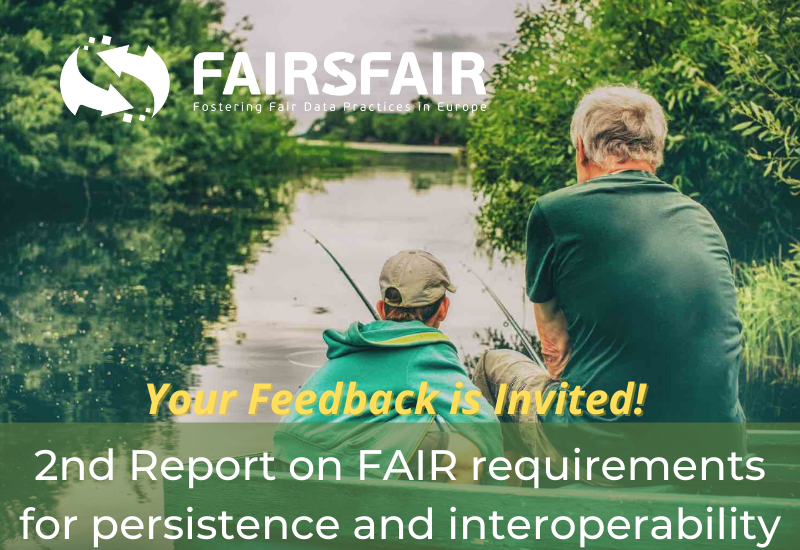
2nd Report on FAIR requirements for persistence and interoperability
FAIRsFAIR has published its 2nd Report on FAIR requirements for persistence and interoperability. One of three in a series, the report builds on the landscaping effort published in March 2020 and serves as an explanatory guide to the use of PIDs, metadata, and semantic interoperability.
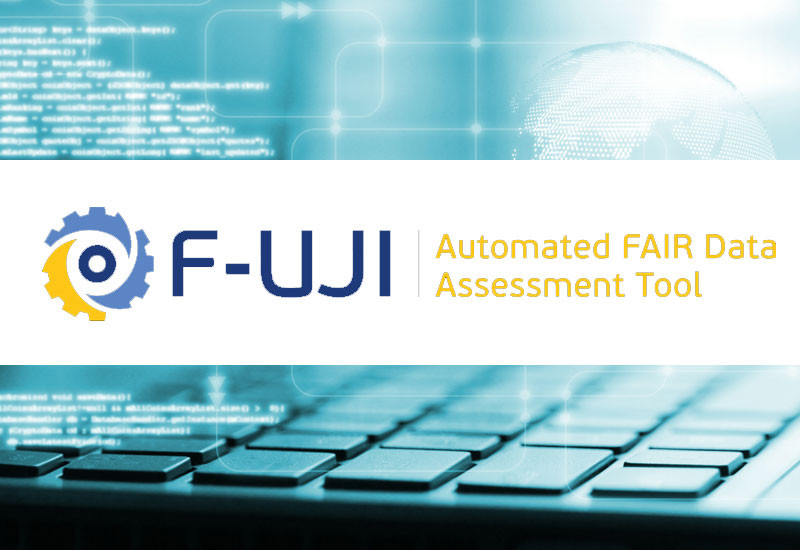
FAIRsFAIR Launches F-UJI Asessment Tool for Research Datasets
FAIRsFAIR has launched F-UJI, an online FAIRness assessment of published research datasets. The tool is based on 14 out of 15 core FAIR object assessment metrics developed within the project.
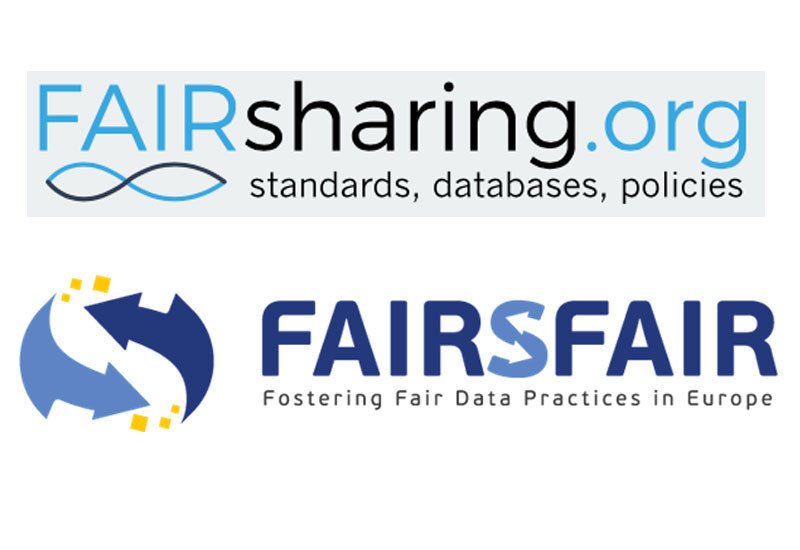
FAIRsharing & FAIRsFAIR join forces to support repositories all around Europe in their effort towards FAIR research data management
At the end of July 2020 FAIRsFAIR and FAIRsharing joined forces to collaborate and interconnect their activities on areas of common interest, aimed to make FAIR Data a reality in Europe, such as common definition on what the FAIR principles imply for data repositories, services, semantic artefacts and other research outputs, and a commonly defined glossary for classification of community standards, amongst others.
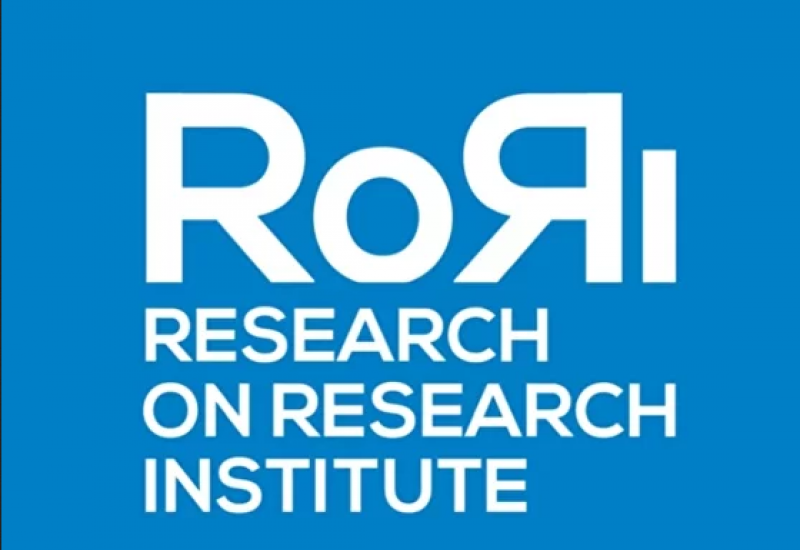
RoRI launches call for proposals to design new systems and software that encourage uptake of the FAIR principles
RoRI, the Research on Research Institute of Wellcome Trust, seeks partners to work with Wellcome Data Labs and FAIRsFAIR. The deadline for expressions of interest is Friday 16 October 2020, while the full proposal submission is by Wednesday 25 November 2020.

